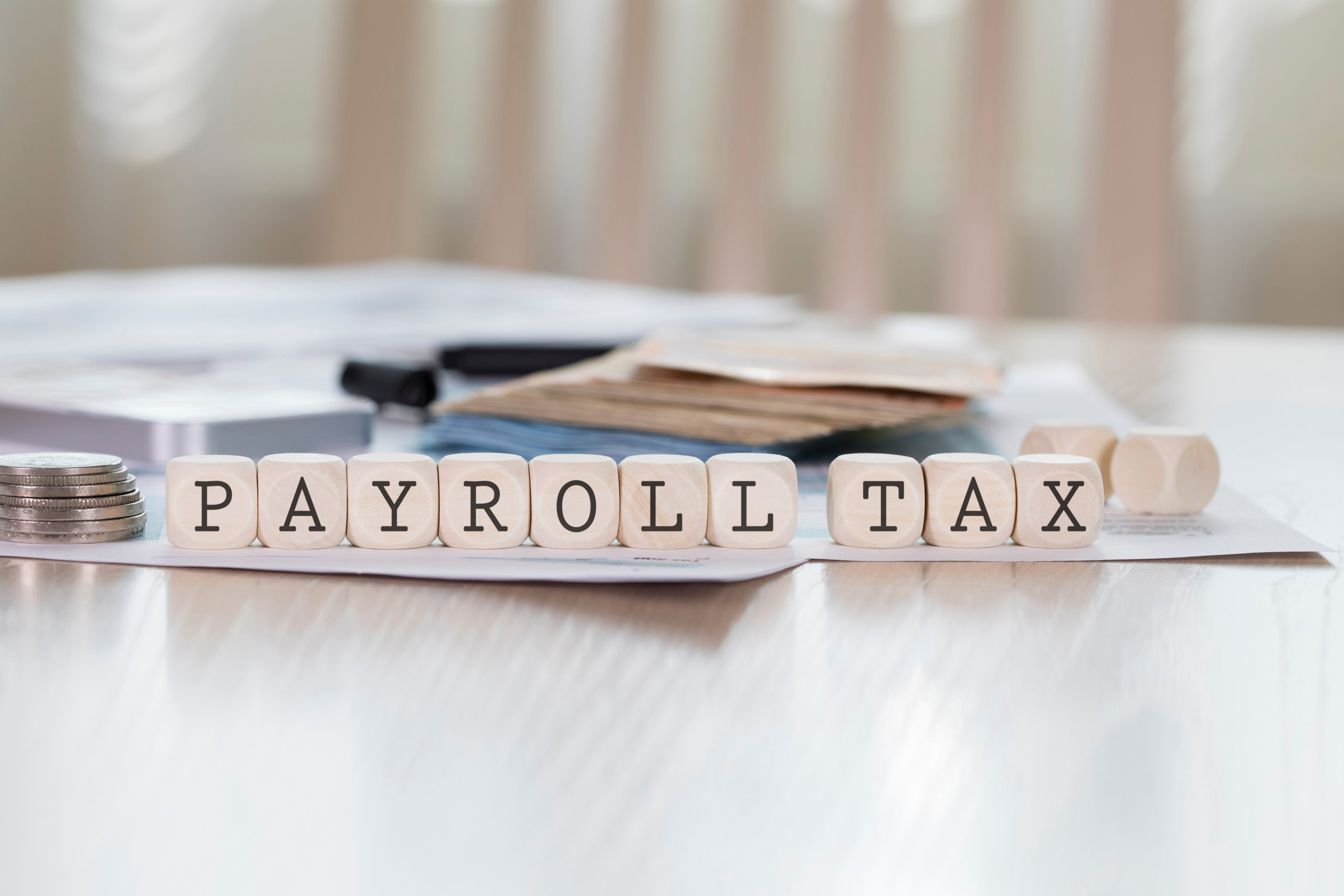All About the Payroll Tax Holiday
President Trump announced four executive orders on Saturday, August 8th, 2020. One of the Orders included a payroll tax holiday that will start September 1st, and go through December 31st, 2020. The President directed the Secretary of the Treasury to defer the withholding deposit, and payment of Social Security taxes. Typically, employees and employers each pay half of the total 12.4% Social Security tax due for each worker. Under the executive order, employers would refrain from withholding the 6.2% from employees for Social Security. Employers, however, would still be responsible for their portion for each worker.
Which employees are eligible for the deferral?
Any employee who is paid less than $4,000 before taxes per bi-weekly pay period would be eligible for the payroll tax deferral. Employees who are paid on a different schedule should divide their pre-tax annual salary by 26 to determine whether their bi-weekly pay would be under the threshold.
In addition, self-employed individuals will not be able to defer payroll taxes. The executive order refers to taxes paid under Sec. 3101(a) of the Internal Revenue Code, the Social Security tax. There is no similar reference to Sec. 1401(a), which requires the self-employed individuals pay 12.4 percent on their own wages.
What happens at the end of the deferral period?
It is important to note that, as of right now, deferring the tax does not relieve the obligation to ultimately pay the relevant payroll taxes. The Treasury is directed in the Order to explore avenues under which the deferred taxes can be eliminated completely, through either administrative means or legislation. As of this time, it appears that the only way these taxes can be forgiven is if Congress passes additional legislation. If Congress fails to act, then the deferred taxes would be required to be repaid.
Are employees required to defer their payroll tax payment?
The Order states that the deferral shall be made available to employees who are eligible. This implies that it is the employee’s choice as to whether or not they want the 6.2% payroll tax deferred.
Are employers required to offer the deferral option to their employees?
The answer to this question is still unclear. The Order directs the Treasury to make the deferral available, but does not order businesses to make the deferral available. Therefore, it appears employers have the option to offer deferral to their employees. However, we will need additional confirmation from the Treasury that this is the case.
If the deferred payments are not forgiven, how will they be repaid?
No guidance has been issued yet regarding repayments. If the deferred payments are not ultimately forgiven, then it is unclear how repayments will work. Will employers be required to withhold all of the deferred amounts from an employee’s first paycheck on January 2021, or will there be an extended period of time to collect and pay the deferred tax? Additionally, how will payroll taxes be paid for employees that switch employers during this period? All of these questions currently remain unanswered.
The Treasury Department is expected to release guidance about how the payroll tax holiday will work, which will hopefully clear up many of these questions. However, Treasury Secretary Mnuchin has given no indication when this guidance will be forthcoming.
If you have any questions regarding your ability to defer payroll taxes, please do not hesitate to contact us at (404) 365-5682.





